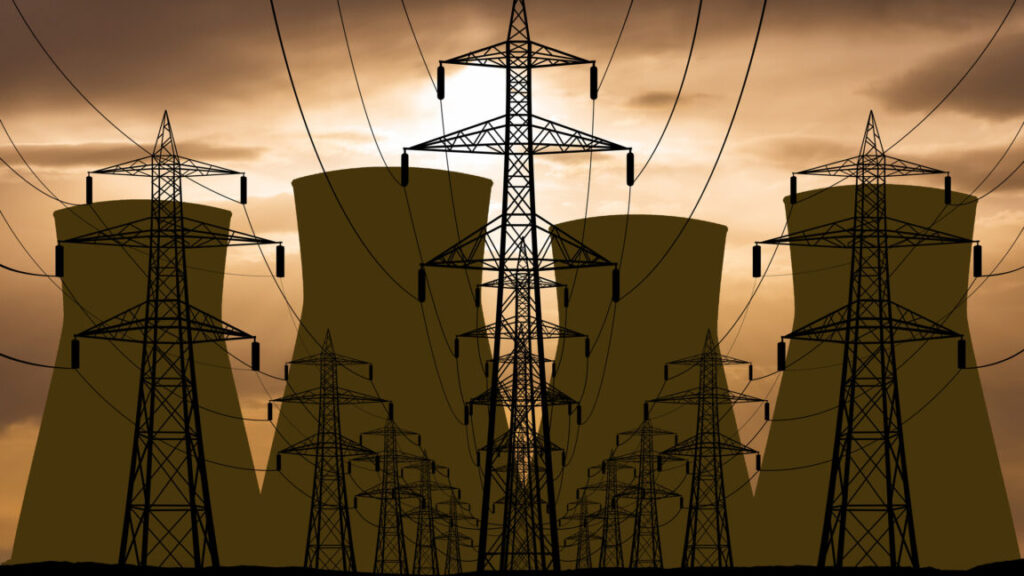A large number of startups have proposed designs that should be far less prone to failure. Many of these are SMRs, or small modular reactors, which promise economies of scale by building the reactor at a central facility and then shipping it to the site of installation. But, as of yet, only a single reactor of this type has been approved in the US, and the only planned installation of that design was canceled as the projected cost of its electricity became uncompetitive.
That environment makes investing in nuclear power extremely risky on its own. However, we’re also at a time when the prices of natural gas, wind, and especially solar are incredibly low, making it challenging to justify the large up-front costs of nuclear power, along with the long lead time before it starts generating returns on those costs.
A new hope?
That’s the situation the Trump administration hopes to change, though you can question the sincerity of that effort. To start, the executive orders were issued on the Friday before a holiday weekend, typically the time reserved for news that you hope nobody pays attention to. One of the announcements also refers to nuclear power as dispatchable (meaning it can be ramped up and down quickly), which it most certainly isn’t. Finally, it touts nuclear power as avoiding the risks associated with other forms of power, “such as pollution with potentially deleterious health effects.” Elsewhere, however, the administration is eliminating pollution regulations and promoting the use of high-pollution fuels, such as coal.
Overall, the actions proposed in the new executive orders range from the fanciful to the potentially reasonable. For example, the “Reinvigorating the Nuclear Industrial Base” order calls for the development of the capacity to reprocess spent nuclear fuel to obtain useful fuel from it, a process that’s extremely expensive compared to simply mining new fuel, and would only make nuclear power less economically viable. It also calls for recommendations regarding permanent storage of any remaining waste, an issue that has remained unresolved for decades.


